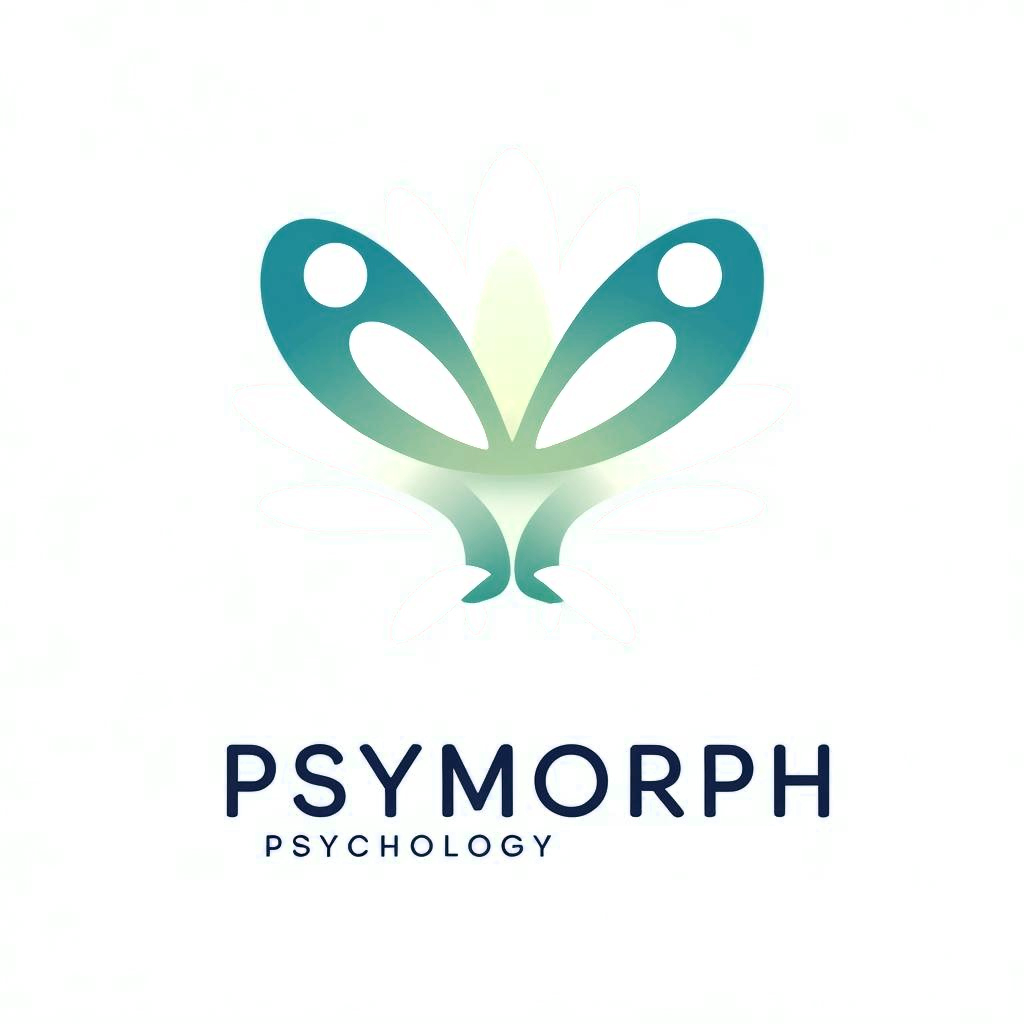The Power of Cravings in Building Habits
When we think about habits, we often imagine discipline, willpower, and determination. Yet, research suggests that habits are less about self-control and more about cravings. Cravings are the invisible engine that drives our routines and rituals, whether it’s brushing our teeth, exercising, or applying sunscreen.
Charles Duhigg, in The Power of Habit, shares how companies like Oral-B, Crest, and even shampoo brands have long understood this science. Toothpaste, for example, could taste like blueberries or green tea, but what makes people feel their mouth is truly clean is the cool tingling sensation—something that doesn’t actually improve oral health but convinces consumers that the product is working. That simple craving for a tingle transformed brushing teeth into a universal daily habit.
The same principle applies when we want to create personal habits. To exercise more, you can design a habit loop: the cue (going to the gym after waking up), the action (the workout), and the reward (a smoothie or the rush of endorphins). By allowing yourself to anticipate and crave the reward, the habit becomes easier to stick to. Similarly, successful dieters often anchor their routines to specific cues, like eating breakfast at the same time each morning, while tying it to a reward they genuinely value, such as fitting into clothes they love or feeling a sense of pride when stepping on the scale.
The absence of craving explains why some healthy routines never stick. For instance, while brushing teeth is universal, only a small fraction of people apply sunscreen daily—even though it drastically reduces the risk of skin cancer. Why? Because sunscreen lacks an immediate sensory reward. Companies are now experimenting with ways to add cues—like a tingling or cooling sensation—so that people feel something that reinforces the behavior, just as foaming shampoo or sudsy toothpaste convinces us we’re getting cleaner.
At the heart of it, cravings are what make habits sustainable. When we learn to link actions to rewards we genuinely desire, the craving itself pulls us back to the behavior, making it far more powerful than sheer willpower alone. Habits grow not from discipline, but from the anticipation of the small pleasures that follow them.
Reference:
Duhigg, C. (2012). The Power of Habit: Why We Do What We Do in Life and Business. Random House.

